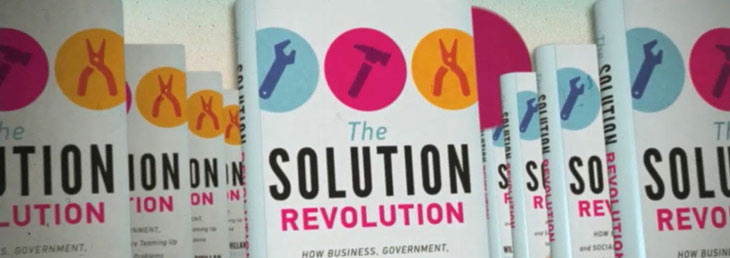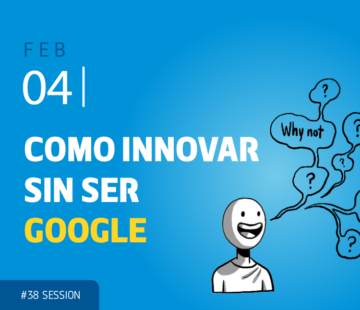A fresh outlook to public-private sectors relationship where a Co- mindset is key

Many developing and developed countries, particularly since the financial crisis, are experimenting how governments are reducing their capability to deal with social issues. For Willian D. Eggers and Paul Macmillan, authors of The Solution Revolution, it’s time to contemplate a fresh outlook to public-private sectors relationship where a Co- mindset and practice is key.
As tough societal problems persist and government budgets tighten, citizens, social enterprises, and even businesses, are relying less and less on government-only solutions. The Solution Revolution describes how, as the subtitle puts it, “business, government and social enterprises are teaming up to solve society’s toughest problems”.
These wavemakers range from edgy social enterprises to mega-foundations that are eclipsing development aid, to Fortune 500 companies delivering social good on the path to profit. In order to make the biggest impact, they have started to think holistically about their role and their relation to other players, not as competitors fighting over an ever-shrinking pie, but as potential collaborators. By erasing public-private sector boundaries, they are unlocking trillions of dollars in social benefit and commercial value.
For the “Solution Economy” new players, government is an essential part of the solution but government’s role have to change dramatically. The traditional boundaries between public and private sector should blur in order to get better results when dealing with social problems. There are some on both sides of the divide who doubt whether there should be such a divide at all. They are realising that each sector stands to do better with a little help from the other.
Fortunately, as The Solution Revolution points out, international companies are increasingly seeking “progressive structures” through which co-operation is endorsed and regulations are created to engender higher levels of trust and mutual interest between companies, sectors, supply chains and markets.
Thus, the business world is undergoing such profound change that a fundamental rethink of the relationship between companies and governments is required. For instance, the so called “Purpose Economy” or “Purpose-Driven companies” where a new CSR mindset is less about PR and more about looking at problems as opportunities, including social problems as education, water, low-cost healthcare, sanitation, recycling, or reducing traffic congestion.
The Solution Revolution examines scores of examples of how this kind of Co- approach is already solving social problems. Here are some of them:
Recyclebank turned recycling into a game by uniting cities, citizens and companies around a system of exchange and rewards. Citizens are encouraged to recycle more by earning points that can be redeemed for discounts and deals on products and services from Recyclebank’s network of more than 100 corporate sponsors.
- Unilever created an entire ecosystem of diverse partners to address an urgent sanitation problem affecting more than 600 million poor Indians. It acted as a partner with NGOs, banks and schools to create a profitable market for cleaning products in rural India.
- Nasa partnered with SpaceX and other private space companies when fiscal constraints shut down the agency’s space shuttle programmes. SpaceX’s unmanned Dragon capsule successfully docked on the international space station in May 2012.
